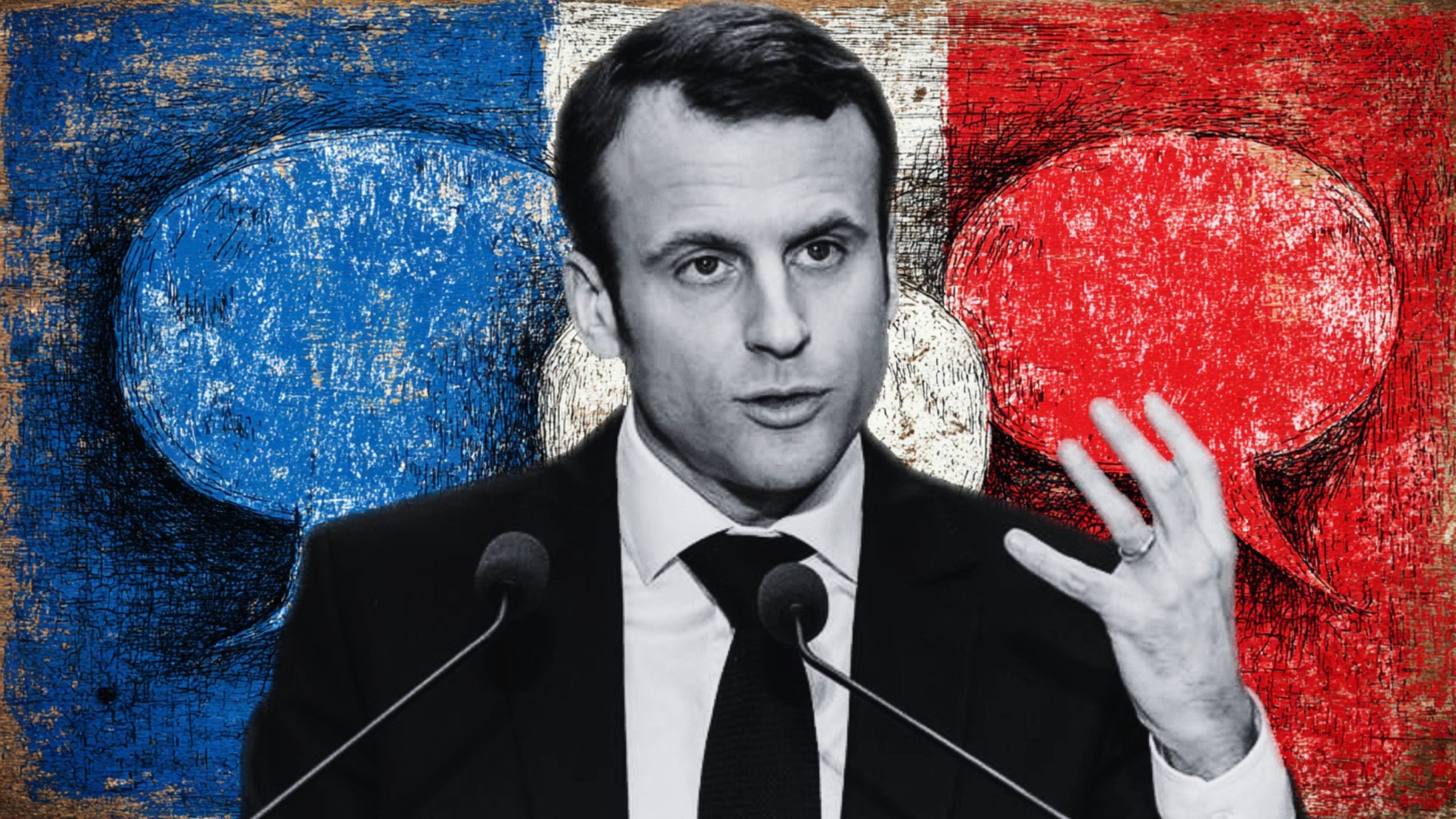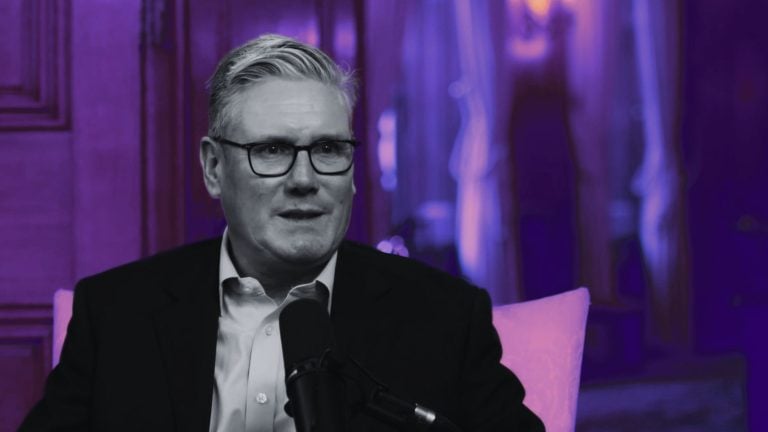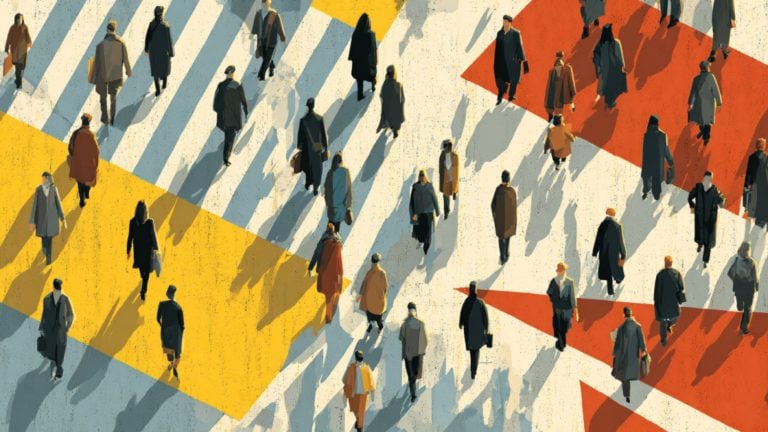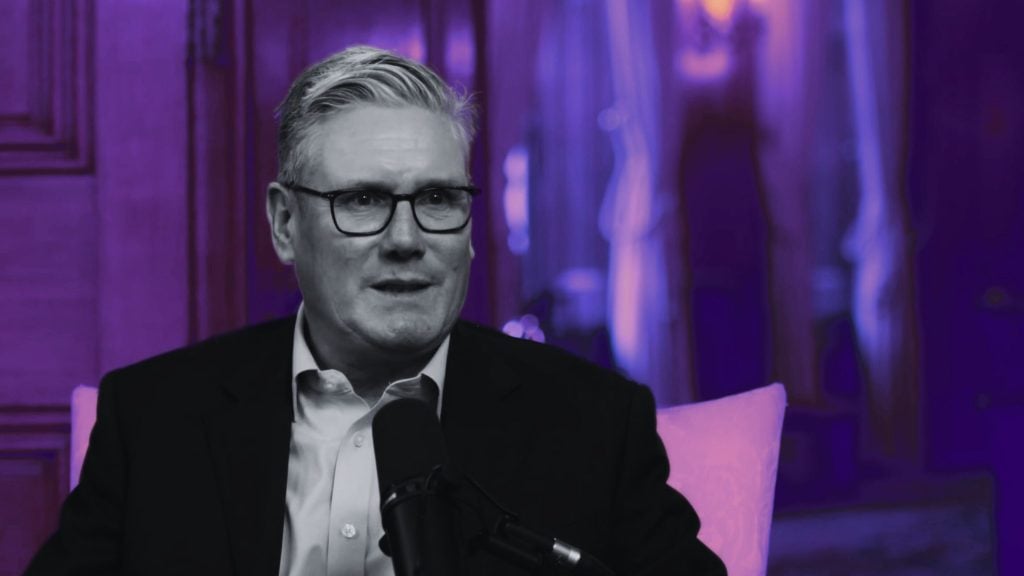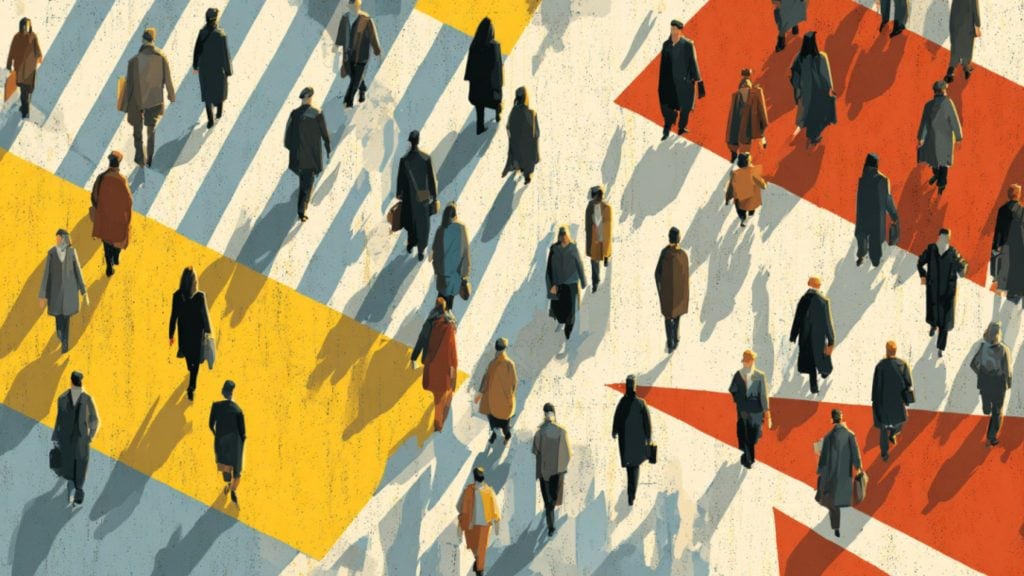As European leaders push to shape global speech rules under the guise of trade policy, new internal records reveal that the French government quietly built a system to enforce censorship worldwide.
Leaked internal communications from Twitter, now known as X, expose a sophisticated campaign led by President Emmanuel Macron and aided by state-aligned organizations to pressure the platform into suppressing speech far beyond what French law requires.
While publicly promoting values like free expression, France’s leadership was privately demanding crackdowns on political content, anonymous users, and anything that veered from government-approved narratives.
The latest TWITTER FILES – FRANCE, published by Public, which is worth reading, documents how Paris pioneered the modern censorship-by-proxy model; using lawsuits, coordinated NGO pressure, and personal outreach at the highest levels to mold a global moderation regime in France’s image.
One of the more revealing moments in the documents comes from October 2020, when Twitter’s Public Policy Director in France noted unusual persistence from the Élysée Palace.
“President Macron’s team has been asking me (again!) Jack [Dorsey]’s number because the President wants to text him some supporting words re our new policies and functionalities on Election integrity,” the message read.
The only issue? Dorsey didn’t hand out his number, even to heads of state. Staff reminded Macron’s team that a direct message would be more appropriate, though they acknowledged the President didn’t use Twitter personally. Alternatives like Signal, Telegram, and even iMessage were considered.
“Macron only sends texts to people he is close to and works frequently with colleagues and senior govt. leaders (like Angela Merkel),” wrote one Twitter executive.
The effort to establish private lines of communication coincided with a legal campaign already brewing.
At the same time, Macron’s office was chasing Dorsey’s contact information, Twitter was hit with a lawsuit by four French NGOs, SOS Racisme, SOS Homophobie, UEJF, and J’accuse, alleging the company failed to adequately police hate speech.
But internally, Twitter staff saw the case differently.
“This case is largely about painting Twitter as a dangerous actor in the press,” wrote Associate Director of Litigation Karen Colangelo.
The NGOs behind the lawsuit claimed independence, yet all were tied to government or EU funding. SOS Racisme, for instance, is a partner in an EU program. UEJF is backed by the European Union of Jewish Students, while SOS Homophobie receives funding from the French government and is part of an EU LGBTQ initiative. None responded to requests for comment.
During mediation sessions, the NGOs laid out their expectations: faster removals of flagged content, more proactive moderation, and tighter restrictions on anonymous speech. In one internal update, Colangelo explained, “They are concerned that we let users Tweet anonymously — they believe this allows perpetrators of hate speech to evade detection/punishment.”
Twitter agreed to re-review several accounts the NGOs flagged, showing a clear willingness to cooperate despite the questionable legal grounding of the demands.
Still, executives recognized a larger game at play.
“Their announcement of the lawsuit was made right before the final reading of the Avia bill,” one internal email stated, referencing France’s proposed hate speech legislation. “I am not surprised that they are trying now to go back to court and make some public statement just ahead of the comeback of the hate speech regulation.”
What looked like civil litigation was in fact part of a broader political campaign. Macron’s team, state-funded NGOs, and sympathetic lawmakers were working in tandem to pressure Twitter into changing its policies, not just in France, but globally.
The foundation for this model was laid long ago. In 1972, Public explained, France enacted the Pleven Law, which gave accredited NGOs the power to initiate criminal proceedings over speech. What started as a narrowly framed anti-racism statute evolved into a mechanism for political control.
Over the following decades, more organizations gained the ability to prosecute speech crimes, pushing their agendas through legal action. By 2012, France led the world in censorship demands to Twitter.
The modern phase began after 2016, when France’s political class began treating online dissent as a national security threat. Populist uprisings, from Brexit to the Yellow Vest movement, convinced officials that platforms like Twitter had to be brought under tighter control.
Macron’s response was broad:
- New legislation requiring deepfake removal;
- Mandatory “misinformation detection” on platforms;
- A 24-hour takedown rule for flagged content;
- Creation of VIGINUM, a digital surveillance agency.
This tightening grip wasn’t limited to French users. The expectation was that American platforms would bend globally, or face consequences.
In early 2021, Twitter sought to resolve the lawsuit by offering limited data in exchange for the case being dropped.
“[W]e were planning to confidentially disclose some information sought by the NGOs to them in exchange for them dropping the suit,” Colangelo wrote. “They came back to us with a counter-offer that was ultimately unacceptable.”
Even after Twitter offered a letter from Jack Dorsey signaling a commitment to fighting hate speech, the NGOs walked away. Mediation failed. The platform braced for a public smear campaign. “It is likely the NGOs will try to paint us as failing to cooperate,” warned Colangelo.
Another legal headache came from April Benayoum, a Miss France contestant who was targeted by online trolls. Her attorney made headlines by invoking the Holocaust: “What would have happened if Twitter was around in 1942? Would they have allowed Hitler to speak?”
Benayoum’s case followed a familiar pattern, an emotional appeal backed by demands for internal platform data. Though most of her legal arguments were dismissed, Twitter was still ordered to release moderation and reporting records. The case ended in a confidential settlement.
In yet another escalation, French prosecutors charged Twitter France CEO Damien Viel for allegedly failing to respond to an injunction. The case involved posts that compared police officers to Nazi collaborators during the COVID lockdowns.
Though the content moderation team was based in Ireland, and French staff had no control over user data, the prosecutor proceeded anyway.
“The total failure of Twitter’s moderation… can undermine public order and the proper functioning of our society,” claimed the prosecutor.
Viel was eventually acquitted, but Twitter’s legal team warned about possible police raids on its French office during the proceedings.
“How likely do you think a raid is?” one executive asked.
“It is quite impossible to assess,” came the reply. “However, the risk does exist.”
In July 2025, French authorities launched a criminal investigation into Elon Musk’s X, alleging foreign interference and data crimes, charges that carry prison time.
Meanwhile, opposition leader Marine Le Pen was convicted of embezzlement and banned from running for office, despite similar charges being dismissed against the Prime Minister.
The message is unmistakable: those who challenge the establishment, whether media platforms or political rivals, will face legal assault.
This is all only part of what France has been up to with its censorship push. Get the full details on Public. It’s worth reading in full.

